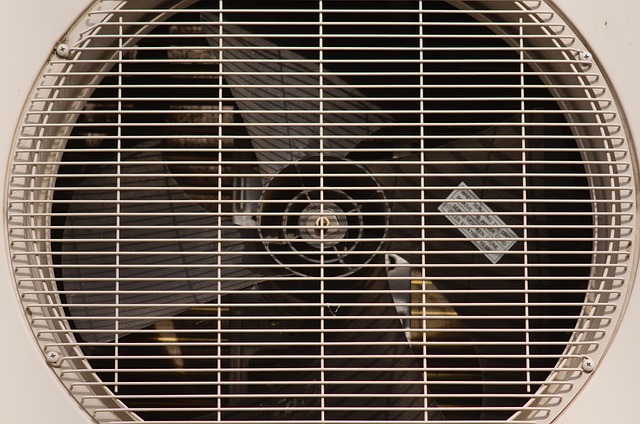Release time: July 11, 2025
Views: 345

Peltier Cooler Application #3: Precision Instrument Cooling
In fields like metrology, spectroscopy, and microscopy, thermal stability is critical. Even minor temperature fluctuations can lead to measurement drift, reduced sensitivity, or instrument misalignment. For such high-precision tools, Peltier coolers offer a compelling solution thanks to their accurate and vibration-free cooling capabilities.
Precision instruments are extremely sensitive to:
l Thermal expansion of mechanical parts
l Electronic noise due to heat buildup
l Shifts in optical alignment or refractive index
l Signal interference caused by convection currents
Conventional cooling methods like fans may introduce vibration, noise, or air turbulence, all of which are unacceptable in certain applications.
Peltier coolers function through the thermoelectric effect, enabling a solid-state, compact, and directionally controlled heat transfer.
| Feature | Benefit for Precision Instruments |
No moving parts | Eliminates vibration, enabling stable measurements |
Fine temperature control | Supports high-resolution applications (±0.01°C possible) |
Compact design | Integrates into portable or bench-top instruments |
Bidirectional control | Allows both heating and cooling from the same module |
EMI-safe | Does not generate electromagnetic interference |
Peltier modules are widely integrated into:
l Spectrophotometers and fluorometers
l Atomic force microscopes (AFM)
l Laser alignment systems
l Scientific camera sensors (CCD/CMOS)
l Calibrated reference cells
In many of these instruments, performance hinges on maintaining temperature uniformity across sensitive components.
1. Temperature Feedback Control
Pairing the Peltier module with thermistors or RTDs enables closed-loop temperature control.
2. Heat Dissipation Strategy
A quiet, low-vibration heat sink or liquid-cooled plate is often used to manage the hot side.
3. Material Stability
Thermally stable interface materials prevent expansion or delamination under cycling conditions.
4. Isolation and Shielding
For ultra-sensitive instruments, Peltier coolers can be isolated from electronics to prevent thermal cross-talk.
Advantages Over Traditional Cooling Systems
| Traditional Cooling | Peltier Cooling Advantage |
Fans (air turbulence) | Silent and vibration-free operation |
Refrigerant compressors | Environmentally friendly; no moving parts |
External chillers | Compact form factor, no tubing or fluid required |
l Power demand may increase at high ΔT
l Condensation risk near dew point — sealing may be required
l Heat sink design must be matched to ambient and system thermal loads
Despite these challenges, the design flexibility and control precision of thermoelectric modules make them ideal for high-end scientific and industrial instruments.
Peltier coolers are becoming a standard solution for thermal management in precision instruments that demand both stability and silence. Whether it's a high-resolution sensor array or an analytical spectroscopy platform, thermoelectric cooling delivers repeatable thermal conditions, ensuring accuracy and reliability where it matters most.
Looking for more
information?

0755 23405284
Email: sale02@hj-tc.com
Add: 3/F No.5 Building,Yesun Pingshan Life and Health Technology Park, No. 19 Linhui Road,Pingshan District, Shenzhen, Guangdong,CN.
©2019- 2024 Huajing Co.,Ltd.Copyright